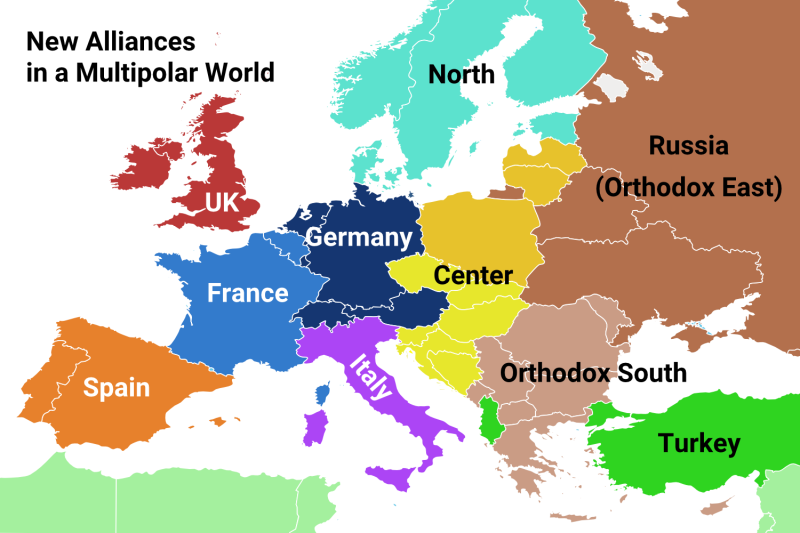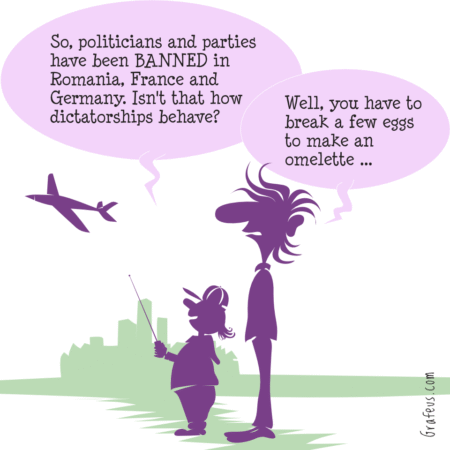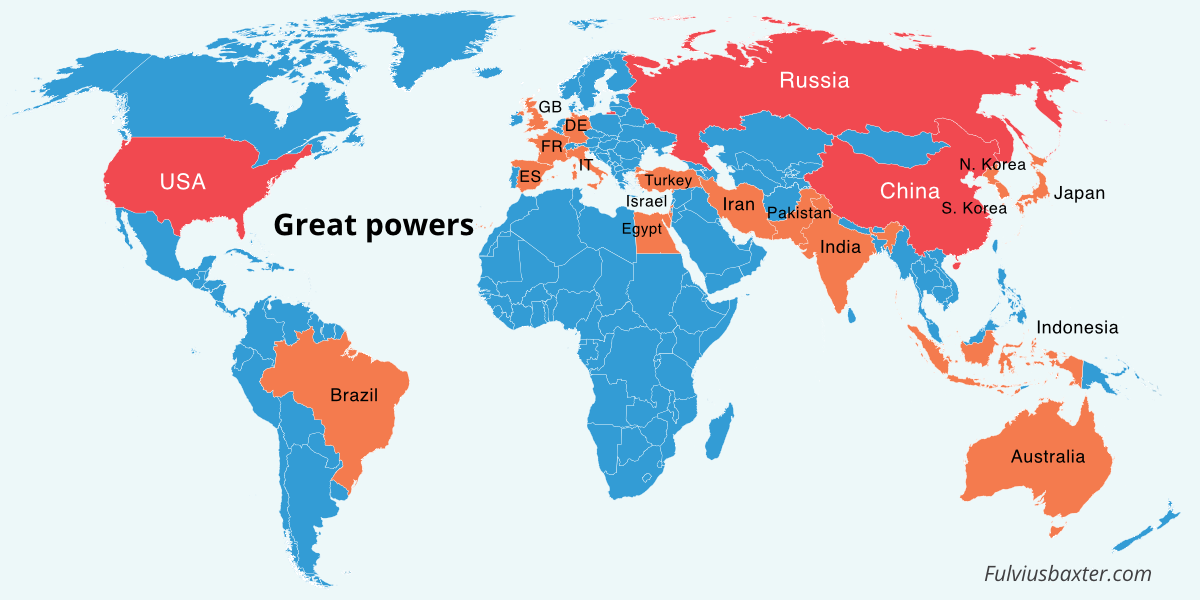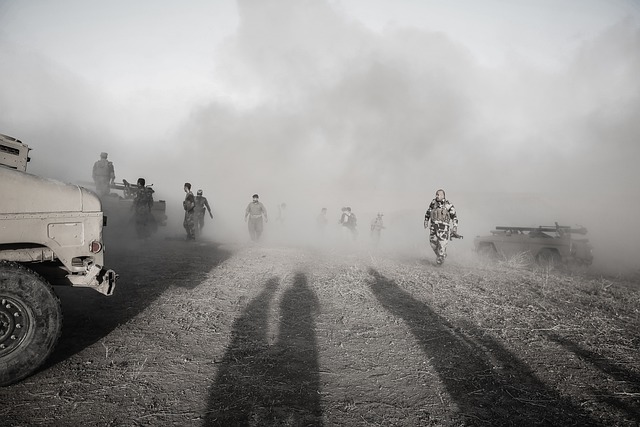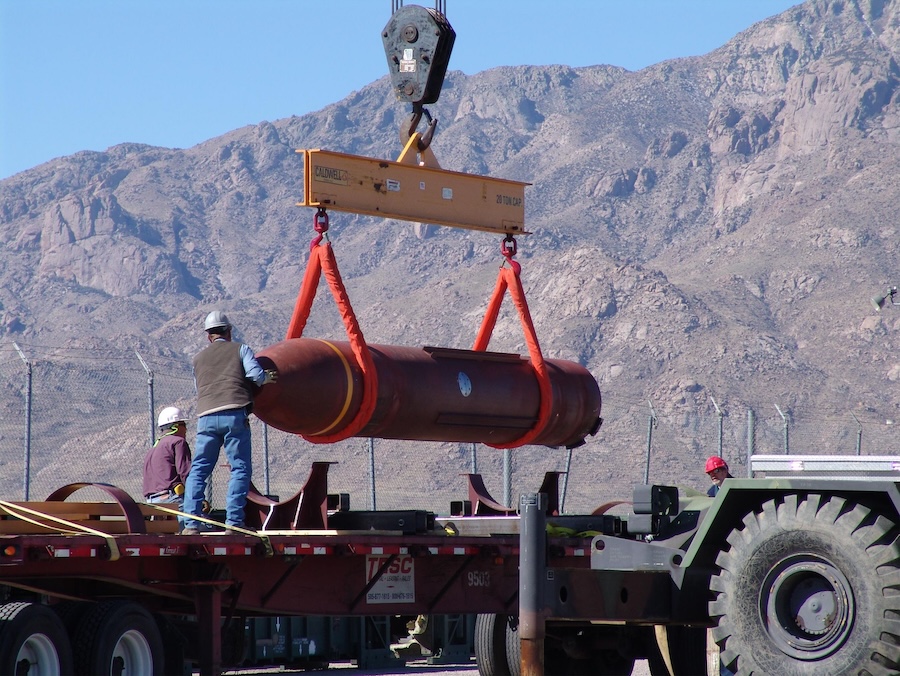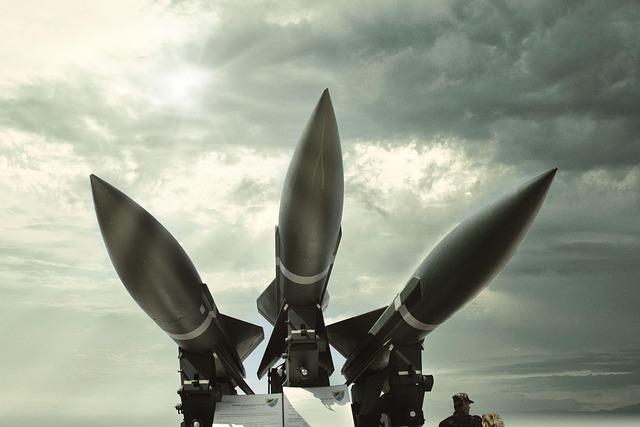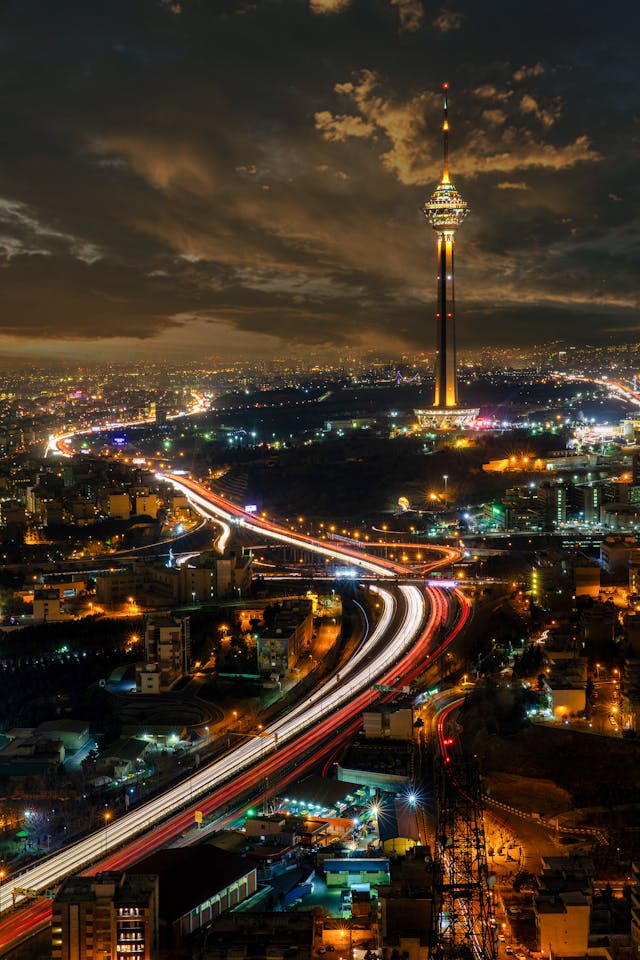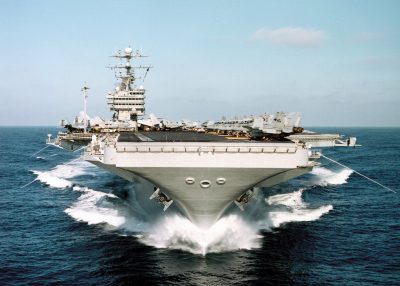 The world’s eyes are on Gaza, where Israeli aircraft are currently laying carpet bombs in response to Hamas’ lightning attack. Gaza is a small territory, about 40 kilometres long and less than 7 kilometres wide, bordering Egypt and Israel, with a population of about two million. However, Gaza does not border the West Bank, and these two areas together form Palestine, a state recognised by 78 nations. Gaza relies on Israeli electricity and water, as well as aid and grants from other countries. The willingness to help sometimes seems great, but the truth is that virtually no Arab countries are willing to take in Palestinian refugees.
The world’s eyes are on Gaza, where Israeli aircraft are currently laying carpet bombs in response to Hamas’ lightning attack. Gaza is a small territory, about 40 kilometres long and less than 7 kilometres wide, bordering Egypt and Israel, with a population of about two million. However, Gaza does not border the West Bank, and these two areas together form Palestine, a state recognised by 78 nations. Gaza relies on Israeli electricity and water, as well as aid and grants from other countries. The willingness to help sometimes seems great, but the truth is that virtually no Arab countries are willing to take in Palestinian refugees.
So, with all this in mind, it is fair to ask what really constitutes a country? Are Gaza and the West Bank, which make up Palestine, a real nation? They do not have their own economy, they do not control their borders, and perhaps they do not even control their own territory? And some people ask whether Hamas really represents the people of Gaza?
Well, the answer to my questions often ends up being that the Israelis have occupied large parts of what could have been Palestinian land. The Palestinians did not accept the partition plan (1948) and instead started conflicts with Israel. Victims or insurgents? The answer depends on which side we take in the conflict, if we choose a side at all.
My thoughts are not really about how we got here, but what the current situation might lead to.
Let’s turm turn the question around. Is Israel a sovereign state?
If US military support was withdrawn, would Israel survive in the Middle East as a sovereign nation? Is Israel also a constructed state based on a powerful alliance that may not last in a multipolar world? The question is whether Israel has the ability to make new allies or go it alone?
We are fast approaching the multipolar order, a world where the US will not have the ability to act as a world police force. We may already be there, with US setbacks in Afghanistan, Syria and even Ukraine indicating that the former superpower is not up to the task, even if it can still threaten and intimidate.
Without the protective wings of the US, Israel will be forced into an alliance with some of the surrounding Arab countries to secure its existence. And such an alliance will be based on certain concessions by Israel, to eventually create a coherent and functioning Palestinian state, where people can live, work and fend for themselves without help from others. When such a balance of terror is created, order will prevail, and if Israelis or Palestinians break their promises, the parties around them will react, which means a return to chaos. Therefore, there are incentives on both sides not to break the agreements.
This would also be the situation if foreign actors did not interfere, either the US helping Israel or Iran supporting the Palestinians. For we must also realise that even if the people of the countries involved ultimately seek peace, calm and tranquillity, the supporters may not want to achieve this. Other countries may benefit from war and instability, thereby expanding their own sphere of power in a larger geopolitical game.
Let’s move on to the Mediterranean. Greece? Would Greece survive in a multipolar world? The Greek nation was created in the 1820s with the assistance of Great Britain and others, to weaken the Ottoman Empire of which Greece was a part. The Turks’ vast empire consisted of many different peoples and regions. As well as Greeks, there were Armenians, Jews, Arabs, Kurds and Latin and Slavic peoples. Many of them formed their own nation states after the collapse, and the Arabs created several separate countries such as Egypt, Iraq and Syria. Those left out were mainly the Kurds, but the Armenians also had to wait a long time for their own nation.
Without Western protection, the Turkish military might annex Greece again, or at least make the Greeks weak vassals. Living next door to a major military power is not a walk in the park, unless of course you align yourself with other major states, thereby challenging the bully. Of course, the Orthodox countries would gang up on the Turks, and even Russia might prefer a more reliable partner guarding the entrance to the Black Sea, where most of the Russian fleet is located.
Yes, we are getting there; in a multipolar world order, many established truths can be turned upside down. And countries that were previously safe and secure will have to seek new alliances. What we are seeing now is probably just the beginning.
